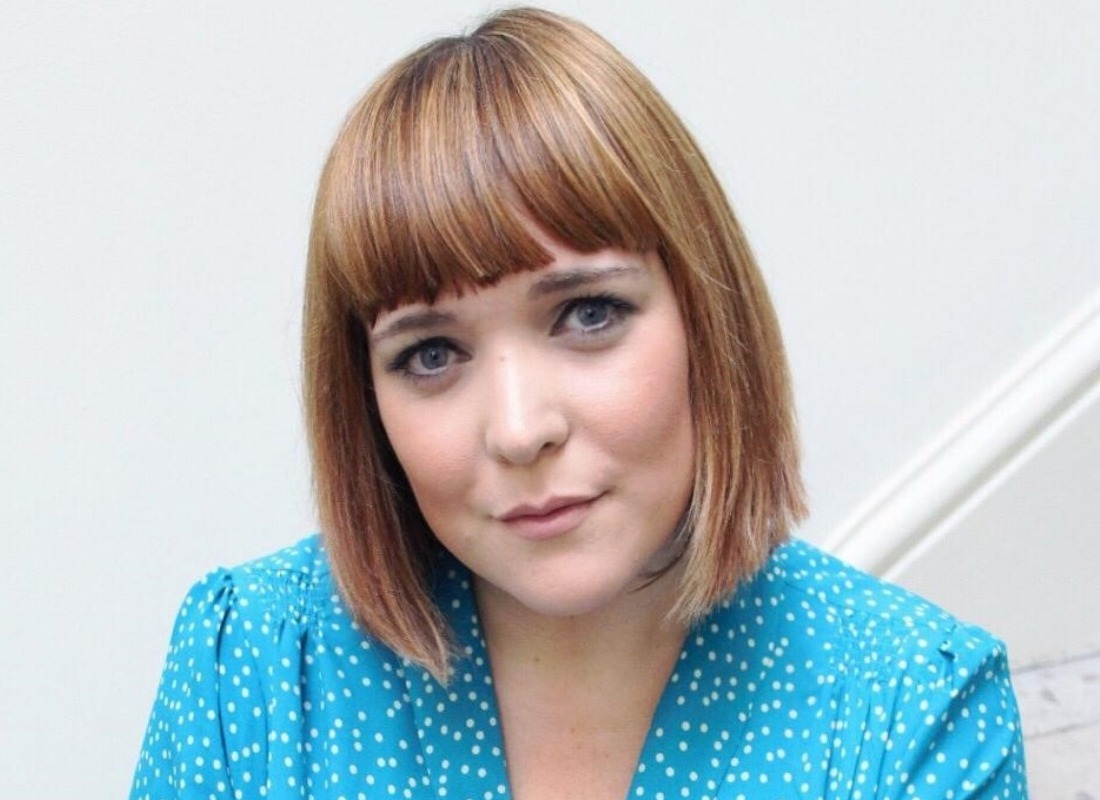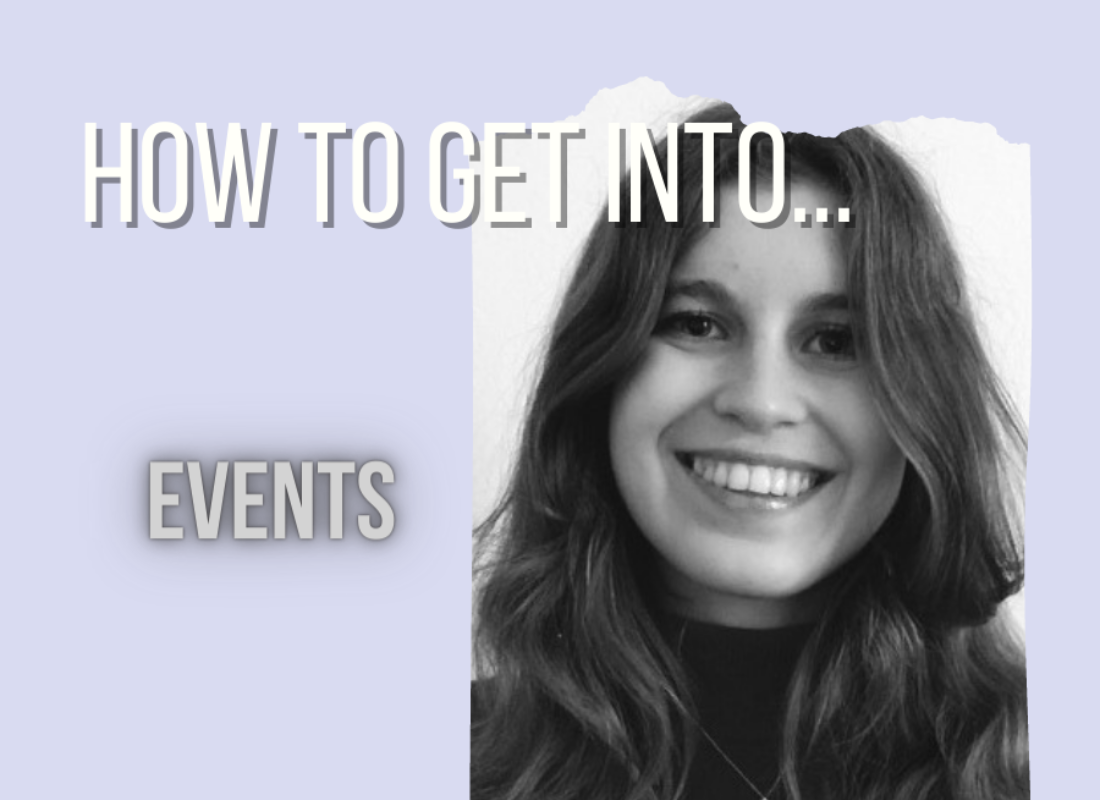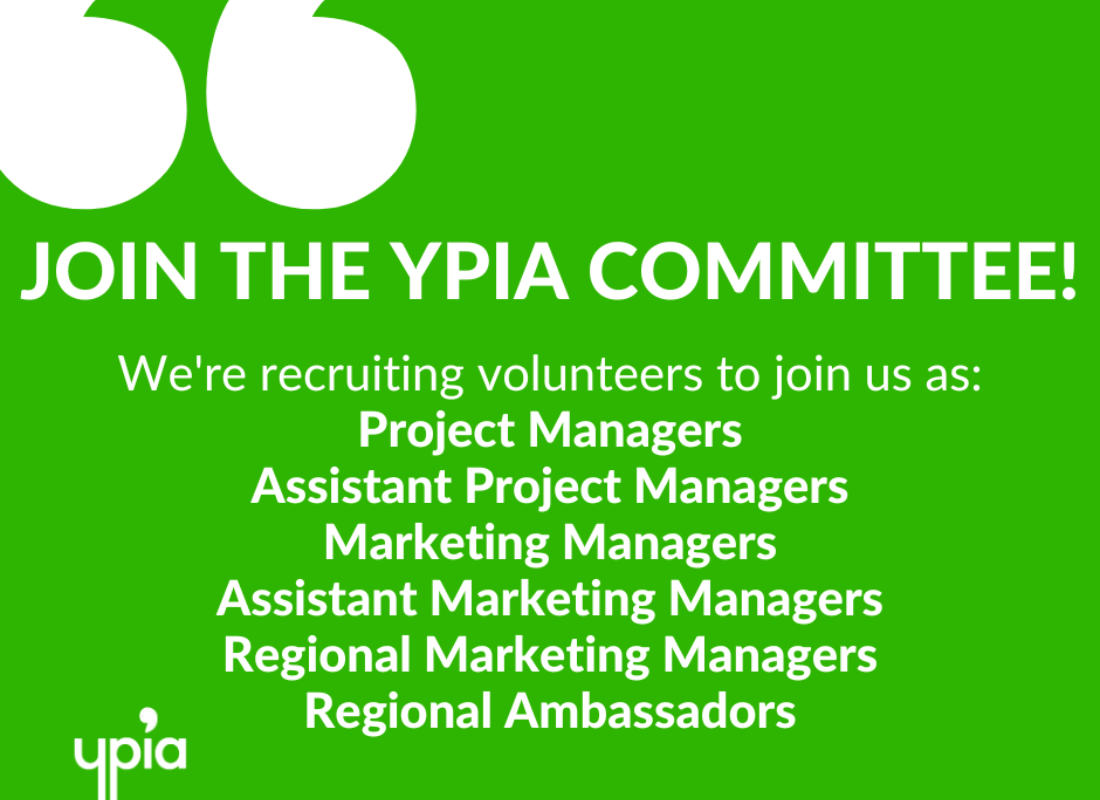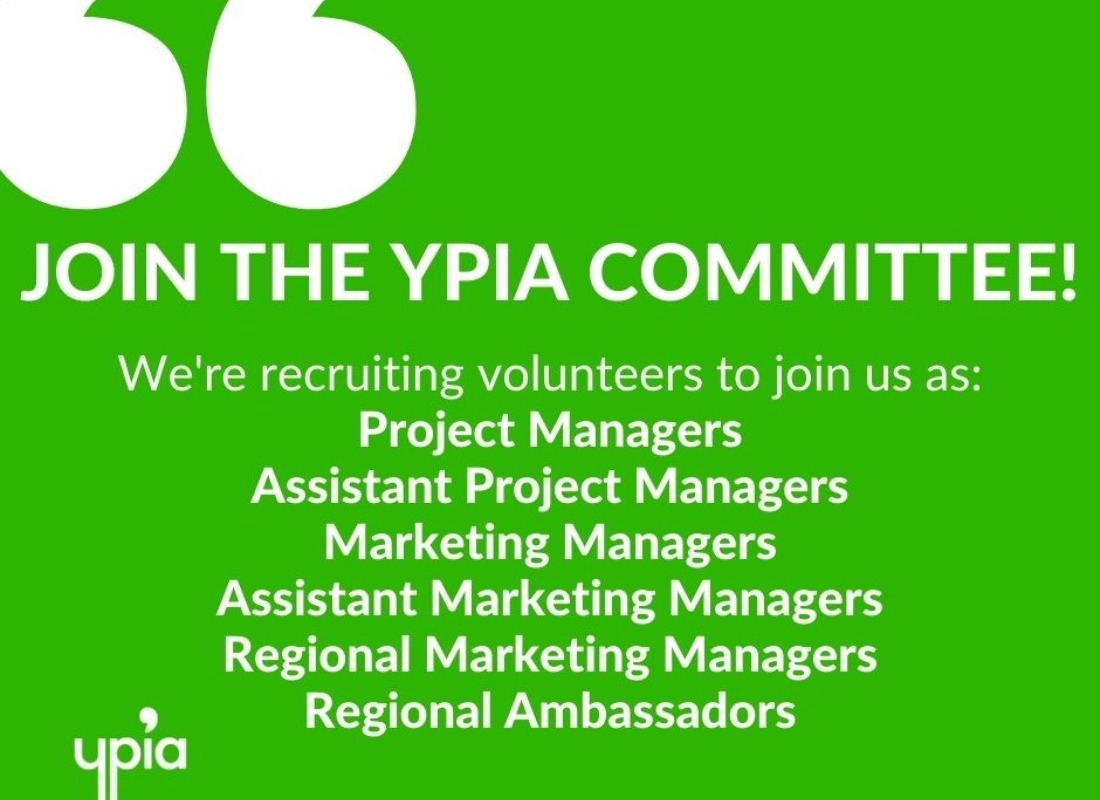
In the latest of our regular blog series, Beatrice Boatto from Creative United gives us a glimpse of what a career in marketing and communications looks like in the arts sector.
Job title / industry: Head of Marketing and Communications at Creative United
Average starting salary: £21/23K a year
What qualifications /experience do you need?
I believe most employers will request a degree, but not necessarily in marketing. If you have a degree in Humanities, I think you’ll be able to apply for most jobs in the sector. Previous internships can definitely be a plus, but if you’ve only just started, I think it is essential to be able to demonstrate you are really passionate about culture and the creative industries, and that you are aware of what is happening in the art world. You need to have a curious mind, and an analytical approach to things.
In a nutshell, what is your job?
My job is to overview all comms and marketing for the Own Art and Take It away schemes, our business support programmes, as well as corporate comms for the company. My goal is to understand what can be done to raise brand awareness, online engagement, connect with new partners and help the whole organisation to reach its goals every year. I work closely with all my colleagues to make it happen. The comms and marketing team looks after editorial content, social media and website management, events management, press & PR and the production of marketing collateral, amongst other things. It’s a varied job, you can never get bored.
Best part of the job
Meeting other people from the sector – no matter what their role is - understanding what their visions and needs are. Being able to address the same issues from different perspectives. Anything that allows me to become more open minded, strategic and inclusive in my approach to my work and the way I look at things is definitely enjoyable and important. And I believe it can only be achieved through human interaction and networking.
Downsides to the job
If you really want to deliver excellent work and go the extra mile (for yourself, not just for your employer!), you must be prepared to stretch your time a little bit. This doesn’t mean you have to take your work home with you, but just be aware that sometimes you won’t be able to stick to your 9-5 routine. Sometimes you might feel you’ve got too much to manage and organise, but I think experience is key in learning how to prioritise your tasks without panicking.
What does a typical day look like?
In the morning, I’ll start by looking at my agenda to understand how many meetings I have scheduled for the day, then I will go through the to-do list I prepare every evening before going home. I normally group tasks in order of importance, I am such a nerd!
I work with a team of 4 people at the moment, so I usually make time to have quick catch-ups with them as well to check that they’re happy with the work they’re doing and that we’re all on the same page. Last minute requests might come up too, so you never know if you are going to be able to stick to your schedule after all!
How did you get into arts marketing & communications?
This is a very difficult question for me to answer! I have always been into visual arts (my dad was an artist) and wanted to work in a creative sector, but I had no idea in what capacity. Whilst completing my MA, a friend told me that the Venice Biennale was looking for someone to help them launch their social media channels, working part time on a freelance basis. I was desperate to get some hands-on experience, so I applied for the job, got it and here I am today! I found that communications/PR and Marketing was something I enjoyed because it allowed me to be practical and creative at the same time, and it has become my profession.
What one piece of advice would you give to someone wanting to go into Arts Communications?
I would recommend talking to someone who’s already working in that environment to get an unbiased view on what it is like for them and on the challenges you might need to face. If you think that is where you want to go, then ask for advice on how to best write your CV/present your work and apply to as many jobs as possible. Don’t get discouraged if you don’t get selected for the job interview of your dreams, there are hundreds of more exciting opportunities out there for you!
Photo by Teresa Fan. Learn more about Creative United from here: https://www.creativeunited.org.uk/
.0af71f.jpg)
.ec8cc4.png)


.540e52.png)
